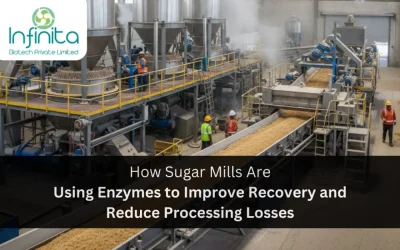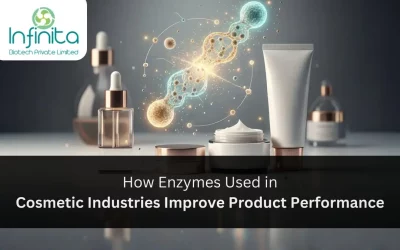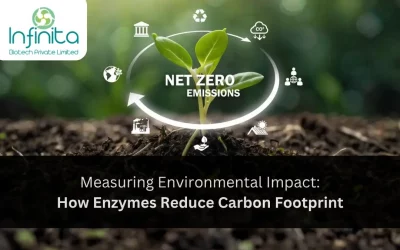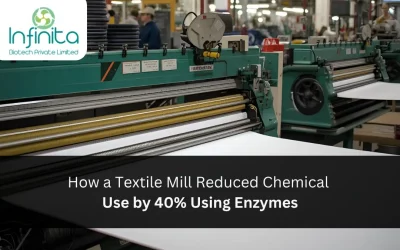Latest Blogs & Articles
How Sugar Mills Are Using Enzymes to Improve Recovery and Reduce Processing Losses
Introduction: Why Sugar Recovery Is Under Pressure Sugar mills operate in an environment where margins are constantly tightening. Cane quality fluctuates, harvesting delays increase microbial activity, and energy costs continue to rise. In this setting, improving...
Why Enzymes Are Becoming Important Functional Ingredients in Modern Skincare Formulations
Introduction: A Shift Toward Smarter Skincare Skincare is moving away from aggressive formulations that promise instant results at the cost of long-term skin health. Today’s consumers expect products to be effective, gentle, and compatible with the skin’s natural...
How Enzyme Combinations Are Improving Wash Performance in Modern Laundry and Dishwashing
Introduction: The Silent Science Behind Cleaner Washes Laundry and dishwashing have evolved quietly but significantly. Clothes now look brighter, fabrics last longer, and dishes come out spotless even after short wash cycles. These improvements are not driven by...
How Enzymes Improve Cosmetic Products for Skin and Hai
Introduction to Enzymes in Cosmetics Enzymes are naturally occurring biocatalysts that enhance the performance of skincare and haircare products. Unlike traditional chemical agents, they interact precisely with biological substrates, offering targeted benefits such as...
How Enzyme-Based Disinfectants Enhance Industrial Cleaning Efficiency
Introduction to Disinfectant Enzymes Enzyme-based disinfectants have transformed industrial cleaning by tackling organic residues and microbial contamination at a molecular level. Unlike conventional chemical cleaners, these solutions offer precise action, improving...
How Enzymes Improve Detergent Efficiency and Fabric Care
Introduction to Detergent Enzymes Laundry has changed significantly over the years, and enzymes have played a major role in that transformation. Instead of relying solely on harsh chemicals to remove stains, modern detergents use enzyme-based solutions to tackle dirt...
How Enzymes Are Revolutionizing Industrial Waste Management
The Rising Challenge of Industrial Waste Industrial operations across sectors like food processing, textiles, detergents, pharmaceuticals, and biofuels generate substantial amounts of waste. Proper management of this waste is critical—not only to comply with...
Measuring Environmental Impact: How Enzymes Reduce Carbon Footprint
The Growing Need for Sustainable Industrial Practices Industrial operations are under increasing pressure to reduce their environmental impact while maintaining efficiency and profitability. Energy-intensive processes, excessive chemical usage, and waste generation...
How to Choose the Right Enzyme for Your Industrial Process
Understanding the Importance of Enzyme Selection Industrial processes across sectors such as food and beverage, textiles, detergents, biofuels, and pharmaceuticals increasingly rely on enzymatic solutions for efficiency, sustainability, and product quality. However,...
How a Textile Mill Reduced Chemical Use by 40% Using Enzymes
A Turning Point for the Textile Industry The global textile industry is one of the largest consumers of water and chemicals. From desizing and scouring to bleaching and finishing, every stage traditionally relies on chemical-intensive processes that drive up...










